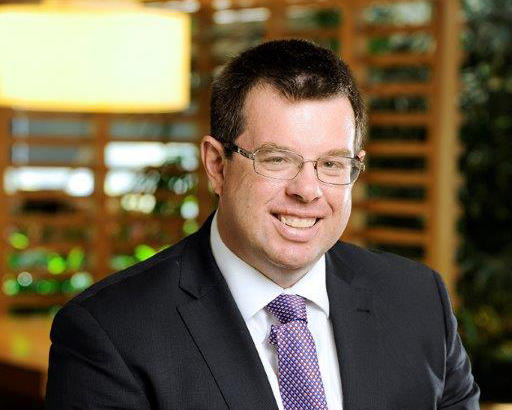Content warning: This article discusses mental health and suicide.
Growing up, Jas McIntosh was told she was attention seeking and weird, and that she didn’t try hard enough.
Being diagnosed with attention deficit hyperactivity disorder (ADHD) and autism at the age of 21 saved her life.
“I finally started to understand my life. I started making sense of the way I learn. For example, I always thought there was a problem with me not being able to read, but it was about not being able to focus.”
Jas is now putting forward a petition to parliament to make ADHD as well as autism diagnoses more accessible and affordable in Aotearoa.
ADHD is a neurodevelopmental disorder that can make it hard for someone to keep focussed, control compulsive behaviours or be overly active. It is often diagnosed in childhood for boys but girls can be diagnosed much later in life.
Autism is an umbrella of neurological conditions that vary in severity but can make social interactions and communication difficult or cause repetitive patterns of thoughts and behaviour. Autism affects 1 in every 100 New Zealanders but is five times more likely to be diagnosed in boys than girls.
“I feel so privileged to be able to get this recognition and I know some people never get theirs which needs to change,” the 22-year-old says.
“If I had had this recognition sooner, my life would have been so much clearer.”
The fight for a diagnosis
In New Zealand, someone over the age of 18 can only be diagnosed with ADHD through a psychiatrist.

Chairperson of non-profit organisation ADHD New Zealand Darrin Bull. Photo: Supplied.
Chairperson of non-profit organisation ADHD New Zealand Darrin Bull says their research shows waiting lists for psychiatrists in the public sector are on average nine months long.
“Because of this [wait], 55% of our members end up going private where an assessment can range from $1400 to $3000 and there are still wait lists up to six months,” he says.
Nearly one in four women with ADHD has attempted suicide and adults with ADHD are five times more likely to attempt suicide than people without ADHD.
“It’s a horrifying cycle that makes me so angry,” Bull says.
Girls and women with ADHD are falling through the cracks
Before her diagnosis, Jas says she was told she couldn't have ADHD because she got good grades at school.
“When it comes to ADHD, so much research is just about the male brain so it can be so much harder for females to be diagnosed,” she says.
“You learn how to mask quickly as a girl. If someone tells you ‘that’s weird’, you aren’t going to want to do it anymore so you learn how to hide and cover those things up.”
Bull says the hyperactive type of ADHD, which predominantly men have, can often manifest itself early on in emotional outbursts during school.
Because this is easy to distinguish, men are nearly three times more likely to be diagnosed compared to women.
Bull says by the time girls get to 18 or older, their symptoms are more obvious but by then they have missed out on years of support.
“We see girls getting misdiagnosed with mental illnesses and not being able to access the right support they need.”
The Ministry of Health’s associate deputy director-general of mental health and addiction Dr Arran Culver says it is working with ADHD New Zealand and other agencies to determine what can be done to support people with ADHD.
“Although this work is still in the very early stages, it will ultimately help people access early diagnosis and consistent treatment, which is key to lessening the impact that the condition has on people with ADHD.”
Try to get help before you get a diagnosis
Bull says “you don't need a diagnosis to start understanding ADHD and getting that support. This could be counselling or coaching that celebrates ADHD and helps you manage it”.
“I’ve seen people wait up to two years for a diagnosis and then when they get one they say ‘what now?’ You can start to get support now instead of waiting.”
Where to get help:
- 1737: The nationwide, 24/7 mental health support line. Call or text 1737 to speak to a trained counsellor.
- Suicide Crisis Line: Free call 0508 TAUTOKO or 0508 828 865. Nationwide 24/7 support line operated by experienced counsellors with advanced suicide prevention training.
- Youthline: Free call 0800 376 633, free text 234. Nationwide service focused on supporting young people.
- OUTLine NZ: Freephone 0800 OUTLINE (0800 688 5463). National service that helps LGBTIQ+ New Zealanders access support, information and a sense of community.
For more information and resources about ADHD and Autism:
- ADHD New Zealand has a list of support networks across the country.
- Autism New Zealand also has a list of support organisations and tools on their website.
More stories:
98% of trans teens don't regret gender-affirming treatments: study
Advocates have witnessed the positive impact access to these treatments can have.
I found out I had breast cancer at 25
Nearly 400 women are diagnosed with breast cancer under the age of 45 each year in New Zealand.
We asked people: Can you wear moko if you don’t whakapapa Māori?
It's a question that has sparked much conversation over the years